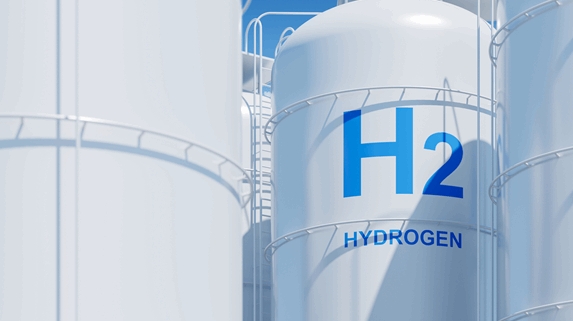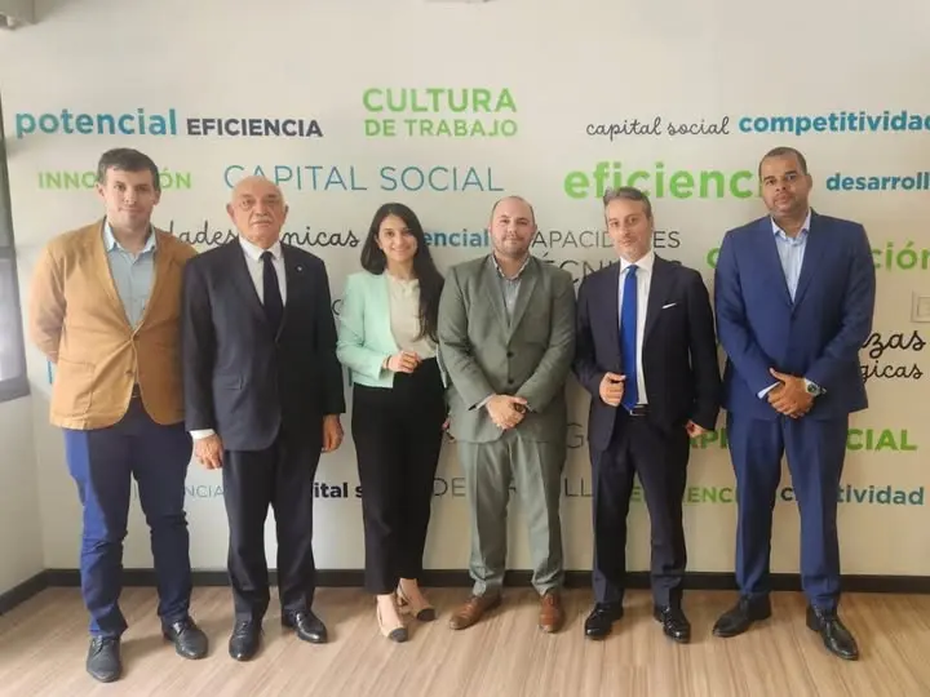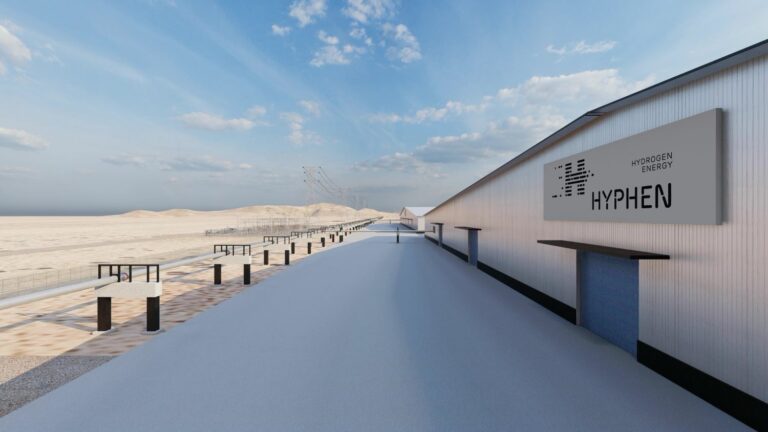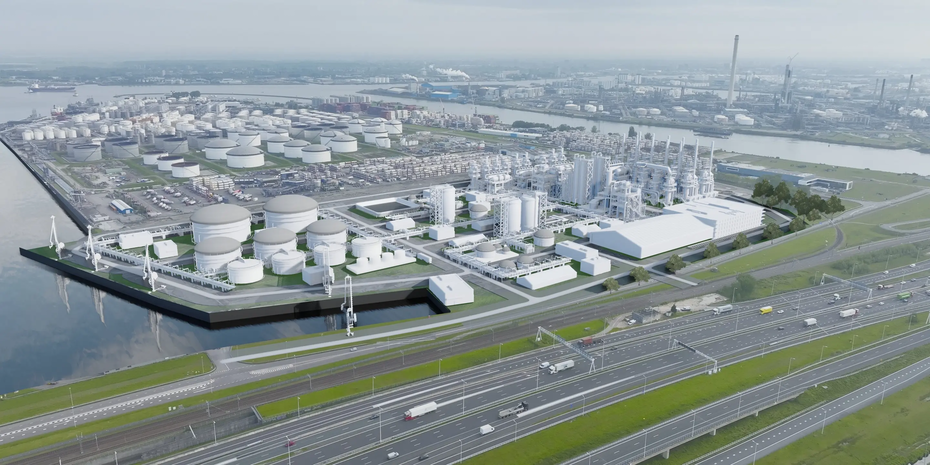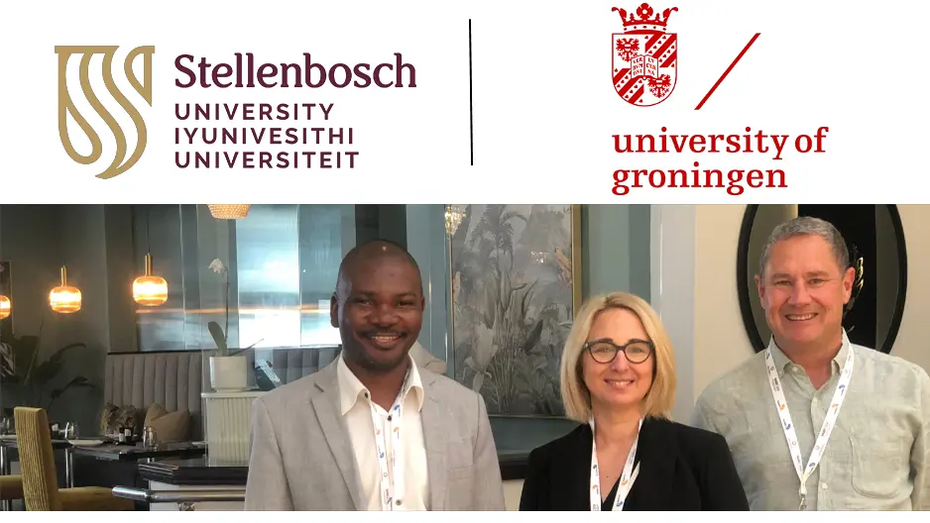
The project developer said it would use Honeywell UOP’s eFining™ methanol-to-jet technology at the 250,000-tonne per year plant.
The plant is designed to use locally produced and imported green hydrogen, along with biogenic CO2-based methanol, as feedstocks for its e-fuels. It will combine hydrogen and CO2 to produce e-methanol, which will then be converted into eSAF.
E-fuels produced by the project are hoped to fuel regional airlines in Europe as the bloc looks to decarbonise air travel.
Under its ReFuelEU Aviation regulation, Europe has mandated an increasingly more ambitious use of SAF from 2030 onwards.
From the next decade, SAF must meet a minimum share of 6% of fuel supplied at EU airports, gradually increasing to 80% by 2050.
Honeywell’s Sustainable Technology Solutions boss, Barry Glickman, said, “The world needs a greater supply of sustainable aviation fuel in order to help decarbonise the aviation sector.
“Honeywell’s eFining technology uses hydrogen and CO2, two abundant, low carbon feedstocks, to produce SAF that helps airlines meet ambitious European fuel mandates.”
Despite no construction or commissioning date set for the project, Power2X CEO, Occo Roelofsen, said, “Our collaboration with Honeywell on eFuels Rotterdam marks a significant step forward in producing SAFs in the heart of Europe.”

